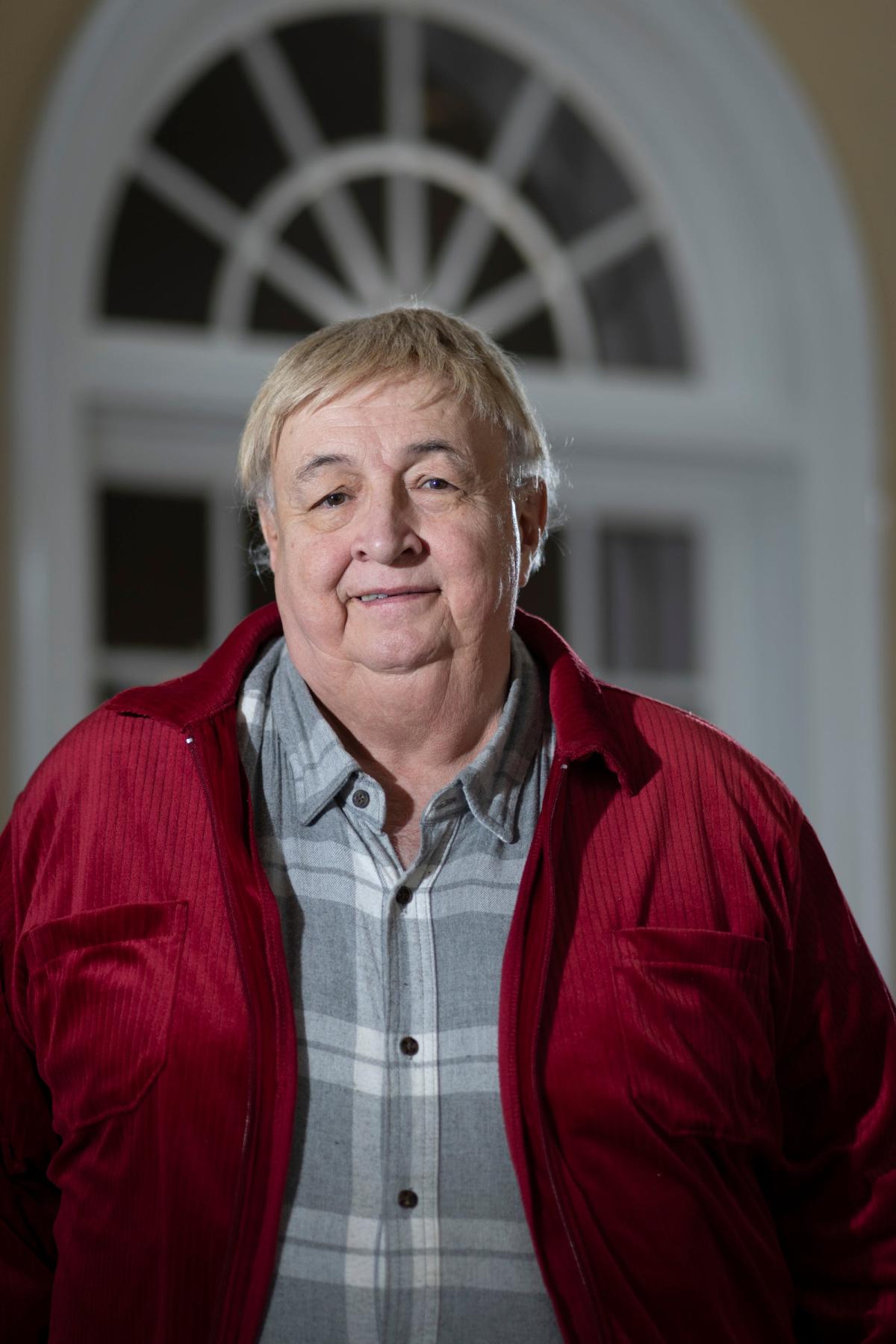New Hampshire played an important role in making Jimmy Carter president of the United States. His victory here in the Tuesday, Feb. 24, 1976 first-in-the-nation presidential primary illustrated two extraordinary features that have continued to this day to cement our lead-off election into the nation’s conscience.
First is that to benefit from our primary, a candidate must do “better than expected.” Second, our state’s primary provides all-important Wednesday morning headlines a candidate can use to zoom out of here with momentum. In 1976, Jimmy Carter’s rocket ship to the White House was launched here.
New Hampshire came close to not having the lead-off presidential primary in 1976. We had very divisive presidential primaries in 1968 and 1972 because of the Vietnam War. After the Watergate incident in the early 1970s, many of our state’s Republican and Democratic Party leaders questioned whether being prominently involved in national politics was too divisive to us.
Jim Splaine
As 1976 neared, there was growing interest for a regional primary combining several New England states. Any state could schedule their primary before ours. To protect our lead-off status, in January 1975, I sponsored legislation creating the mechanism of requiring our secretary of state to schedule our future primaries “7 days or more” before similar elections. It passed in June of that year, guaranteeing our primary would be first.
Iowa’s Democratic caucus was held on Jan. 19, 1976. It resulted in 37% of voters choosing “uncommitted,” while 27% supported Carter, double that of Indiana U.S. Sen. Birch Bayh. All others received less than 10%, including Congressman Mo Udall of Arizona, former Oklahoma U.S. Sen. Fred Harris, and former Peace Corps director Sargent Shriver. “Uncommitted” got the most votes, but Carter won.
As I recall, I first met Jimmy Carter on a snowy afternoon in Manchester after he won the Iowa caucus. I was at WMUR’s original old television studio waiting in the hallway to interview about the first-in-the-nation law I had sponsored as Carter arrived, alone, to meet with reporters. After a friendly handshake, we chatted about the primary and his experiences here. I thought he was impressive, but didn’t think he had a chance to win. Well, he did. In our state, five weeks after Iowa’s caucus, Carter received 23,373 votes, about 28%, outdistancing Udall’s 18,710 votes at 23%. Bayh had 15%. Others, including write-ins for former Vice President Hubert Humphrey, shared the rest of the votes. Without even a third of the total vote, Carter won.
Carter had excellent strategies for Iowa and here. He spent loads of time in each state, often staying in supporters’ homes instead of hotels, which itself created word-by-mouth support and showed he was a different kind of candidate. He visited coffee shops, convenience stores, and hundreds of other places where voters assembled.
He also benefited by having several candidates with similar views with one another on the ballots, dividing votes among themselves. Carter promoted his “peanut farmer persona,” standing apart from other Washington-type politicians. His visiting Georgia friends, known as his “Peanut Brigade,” knocked on our doors.
His not-so-secret weapon was his wife, Rosalynn, who then-New Hampshire House Democratic Leader Mary Chambers observed, “She’s a very charming person. It was enchanting to watch her. She’s the perfect stumper.”
Through the years I’ve written about the national impact of our primary, saying that without his landslide victory here early in 1980, Ronald Reagan likely wouldn’t have been elected since until that time he had no national network of political activists or funding. Bill Clinton faced a similar situation in early 1992; by finishing a surprising second here, he was on his way. In 1976, New Hampshire voters introduced Carter to a waiting nation.
Being first: Visit the New Hampshire secretary of state website at sos.nh.gov to research how we protected our primary since 1976. We’ll be first in 2028.
Today’s quote: “We have become not a melting pot but a beautiful mosaic. Different people, different beliefs, different yearnings, different hopes, different dreams.” — Jimmy Carter, 39th president of the United States of America.
Next time: Dr. Martin Luther King, Jr. Day — Jan. 20, 2025.
Variously since 1969, Jim Splaine has been New Hampshire state senator for six years and state representative for 24 years. Locally he has been Portsmouth assistant mayor for 12 years, city councilor for 18 years, and served on the Police Commission and School Board. He can be reached at jimsplaineportsmouthNH@gmail.com.
This article originally appeared on Portsmouth Herald: Splaine: Jimmy Carter and the 1976 New Hampshire primary


